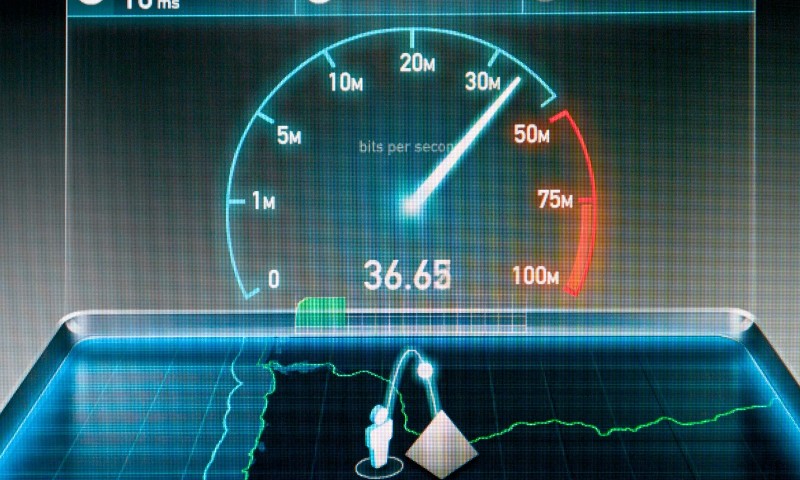The webserver speed is extremely critical for different reasons. This plays a key role in identifying the overall user experience and performance of a website. Below are several of the key reasons that highlight why the speed of a web server.
User Experience
Today’s users expect and demand websites to load in a snap of a finger. Websites that load too slowly will only frustrate visitors, resulting in a poor user experience. A faster web server can help cut down page load times to keep users more satisfied and highly engaged.
Search Engine Rankings
Search engines, including Google, always consider the speed of a particular website when ranking the search results. Websites that load faster usually get a higher rank which further contributes to improved visibility and a larger amount of organic traffic.
Conversion Rates
A faster webserver speed often leads to higher conversion rates. It doesn’t matter if it is engaging with content, filling out a form, or making a purchase, there is a higher chance for users to take the necessary intended action if the website in question responds fast.
Mobile Experience
As the use of modern mobile devices continues to increase by the day, having a speedy web server is critical to offer users a more positive and memorable mobile experience. More specifically, mobile users may also have slower network or data connections, which makes it even more important to have a faster server response time.
Bandwidth Efficiency
A faster server is more efficient in the delivery of content to optimize the use of bandwidth. It is especially critical for websites with bigger traffic volumes because this helps in more effective handling of existing user requests.

Faster webserver speed is more efficient in the delivery of content to optimize the use of bandwidth.
Competitive Edge
Considering how competitive the online world has become, a website with fast webserver speed will distinguish you from your competitors. It is more likely for users to choose a website that offers a fast and seamless experience
Utilization of Server Resources
A properly optimized web server will be able to handle higher traffic and more existing connections to allow an improved level of scalability. It is critical for websites that often suffer from fluctuating amounts of traffic.
Lower Bounce Rates
A website that loads faster also tends to have reduced bounce rates. Every time users get to enjoy smooth and quick interactions, it is more likely for them to stay longer on the website. On the other hand, they will leave right away if the website has poor and sluggish interactions.
User Expectations
With all the modern technological advancements, users today have already come to expect a responsive and fast webserver speed. It is critical to meet these expectations to attract and retain more users.
Technical Performance
A speedy web server can process databases, server-side scripts, as well as other dynamic content much faster. All of these can contribute to a smoother browsing experience.
The Internet got faster as researchers achieved the fastest webserver speed ever, a staggering 4.5 million times faster than home broadband.
At the end of the day, there is no denying that webserver speed is important to provide a more positive experience for users, improve rankings on search engines, and achieve the goals of an online venture. This is one of the most critical factors that can make or break a website as far as technical performance and user satisfaction are concerned.
Similar Posts From The Same Category:
- Why SEO Matters – A Simple Guide to Understanding SEO
- Tips to Help Preserve Your Canon Cartridges
- Dos and Don’ts When Using Electric Bicycle in the Rain
